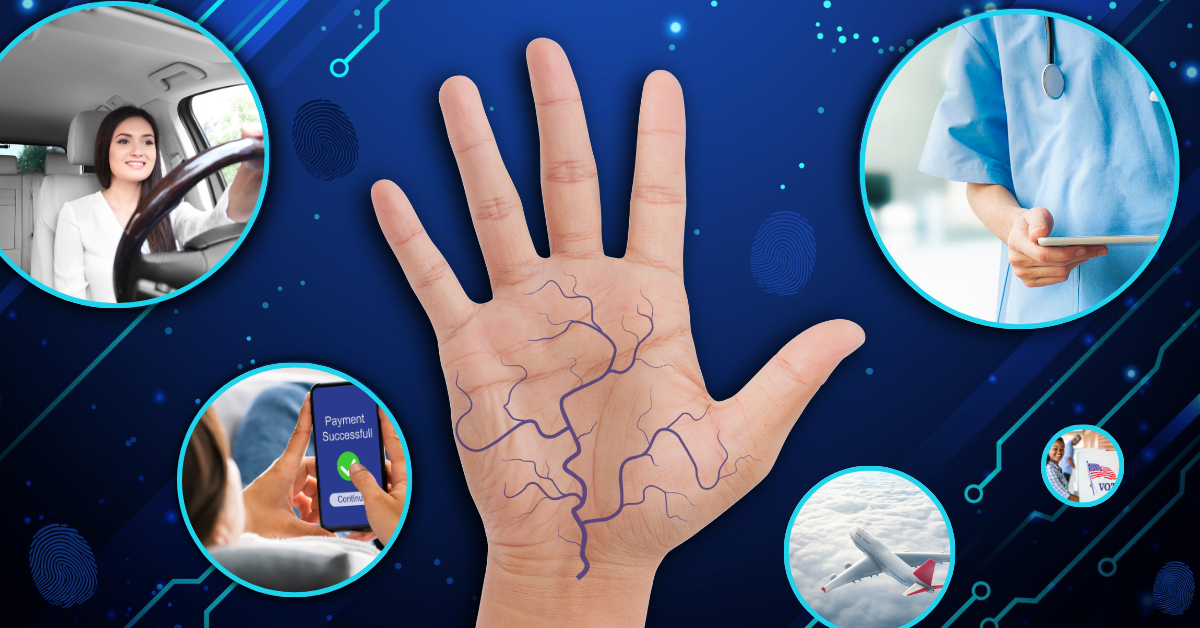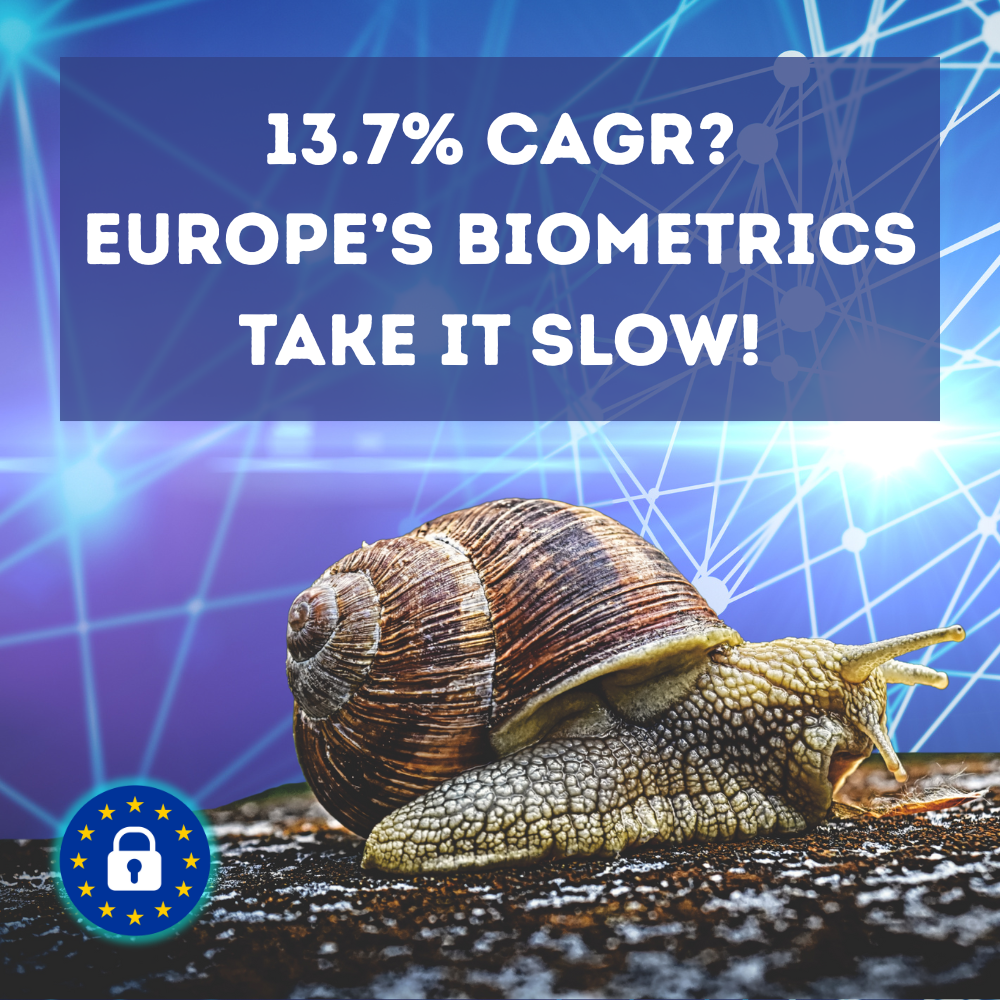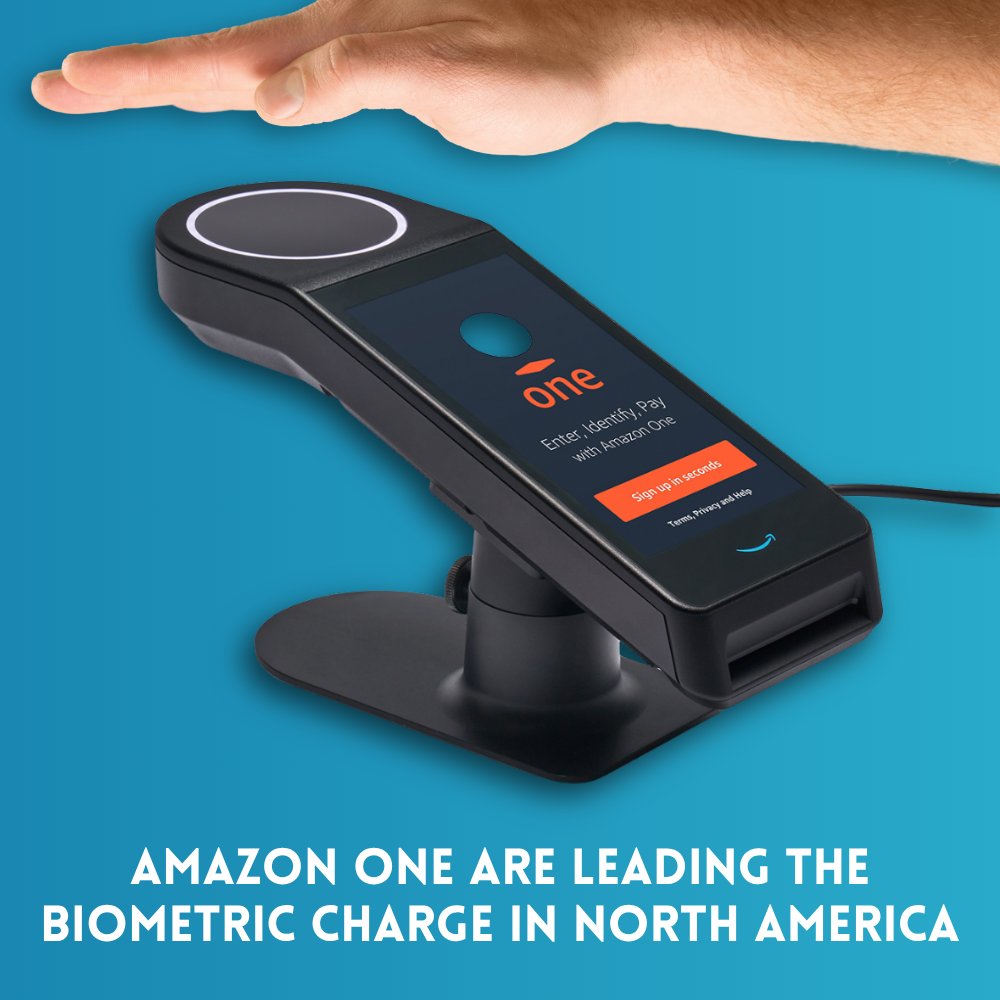Categories
Imagine unlocking your device with a glance, paying for groceries with a palm wave, or accessing a secure facility with a voice command. At Gekonova, we’re powering these experiences with Smart Biometric Platforms, revolutionizing authentication in 2025. These platforms merge advanced biometrics with intelligent software, driving explosive growth in the biometric industry.
From retail to healthcare to personal devices, businesses and users worldwide are adopting these solutions for their unmatched security and convenience. Join us as we explore their evolution, regional adoption, emerging innovations, and future potential, all rooted in our mission to deliver cutting-edge biometric solutions.

Smart Biometric Platforms have transformed from early experiments to indispensable tools. In the 1960s, fingerprint recognition emerged for law enforcement, limited by slow, error-prone systems. The 1990s saw computing advancements enable commercial fingerprint scanners for secure access in niche sectors. The 2000s introduced biometrics to consumer tech, with laptops featuring fingerprint sensors, driven by improved accuracy and lower costs.
The 2010s marked a leap forward, with AI and multimodal systems fueling growth. Apple’s Touch ID in 2013 popularized fingerprint authentication on smartphones, while Face ID in 2017 used machine learning to adapt to facial changes. By 2025, Smart Biometric Platforms integrate facial, iris, voice, and behavioral biometrics, leveraging AI to process vast datasets, ensuring precision and robust security.
Adoption of Smart Biometric Platforms varies globally, shaped by infrastructure, regulations, and cultural attitudes toward privacy. Each region’s pace reflects its unique priorities, with distinct platforms driving integration.
Asia-Pacific leads with advanced biometric ecosystems. In China, Tencent’s Weixin Palm Payment system, using palm vein recognition, powers payments and identity verification in over 1,500 retail stores and public transit systems, serving 1.3 billion users.
India’s Aadhaar program, operational since 2016, uses fingerprint and iris scans for 1.4 billion citizens, enabling access to banking and government services. Japan’s Narita Airport employs facial recognition for end-to-end departure processes, streamlining travel for millions.
Singapore is testing Visa’s facial recognition payment system at select merchants, with plans for a 2026 rollout. Japan’s NEC Bio-IDiom platform, combining iris and facial recognition, is in trials at Kansai Airport, enhancing check-in efficiency.
Rapid adoption is driven by government-backed initiatives and tech-savvy populations. Strong infrastructure and cultural acceptance of technology accelerate integration, outpacing other regions.

Europe prioritizes privacy-compliant systems. Apple’s Face ID, with on-device processing, is widely used in Germany and Spain for device unlocking and payments, aligning with GDPR.
The UK and France leverage Mastercard’s Identity Check, using fingerprint authentication for millions of banking transactions monthly.
Sweden is piloting behavioral biometrics for online banking, while the Netherlands tests iris-based e-passports for border control, both targeting 2027 expansion. These trials emphasize privacy-first designs to meet strict EU regulations.
Adoption is steady but cautious, shaped by GDPR and public privacy concerns. On-device processing builds trust, but regulatory scrutiny slows progress compared to Asia-Pacific.

North America focuses on enterprise and government applications. Amazon One’s palm recognition system is deployed in 200+ Whole Foods and Amazon Go stores, enabling cardless payments.
U.S. federal agencies use Clearview AI’s facial recognition for border security. Canada’s TD Bank employs voice authentication for customer verification, operational since 2019.
The U.S. is testing facial recognition boarding with United Airlines at select airports, targeting 2026 expansion. Canada pilots fingerprint-based immigration kiosks at Vancouver International Airport, with results shaping policy by 2025.
Adoption is robust, driven by innovation but tempered by privacy debates. The U.S. leads in scale, while Canada’s cautious approach reflects public concerns, resulting in moderate growth.

Africa uses biometrics to address identity gaps. Nigeria’s NIMC system, with fingerprints, supports voter registration and financial inclusion for 120 million citizens.
Kenya’s Huduma Namba integrates fingerprints and facial recognition for government and banking services. Safaricom’s biometric authentication secures mobile payments across East Africa.
South Africa tests iris-based voter verification for 2026 elections, while Ghana pilots mobile facial recognition for rural banking, leveraging high mobile penetration to overcome infrastructure challenges.
Adoption is growing, fueled by mobile solutions and government initiatives, but limited by funding and infrastructure. East and West Africa lead, though scale trails Asia-Pacific and North America.

Smart Biometric Platforms are evolving rapidly. Behavioral biometrics, analyzing patterns like typing speed or gait, enable continuous authentication without user disruption. Quantum encryption promises to make biometric data virtually unbreachable, enhancing security.
Edge computing is transforming platforms by processing data on-device, reducing latency and boosting privacy—think smart locks recognizing your face instantly without cloud reliance. These innovations, already emerging in 2025, are set to redefine authentication.
By 2026, Smart Biometric Platforms will reshape global authentication. Palm vein technology, led by successes in Asia, is expected to become a standard, with 75% of U.S. retail chains adopting it by 2027 through partnerships with Visa and JPMorgan.
Iris recognition will gain traction in high-security sectors like healthcare and public safety, adding robust protection. AI will enable adaptive authentication, tailoring methods to user context, such as lighting or device type. Gekonova’s platforms will drive this evolution, making authentication seamless, secure, and accessible worldwide.
Smart Biometric Platforms are powering the biometric market’s growth, offering businesses and governments secure, efficient solutions—from Tokyo’s palm payment systems to Berlin’s GDPR-compliant hospital authentication. For users, they deliver effortless interactions, like boarding flights in Dubai or accessing services in Nairobi. At Gekonova, we’re committed to advancing these platforms, ensuring a future where identity verification is intuitive and secure. Join us in shaping a world where Smart Biometric Platforms make trust and convenience universal.